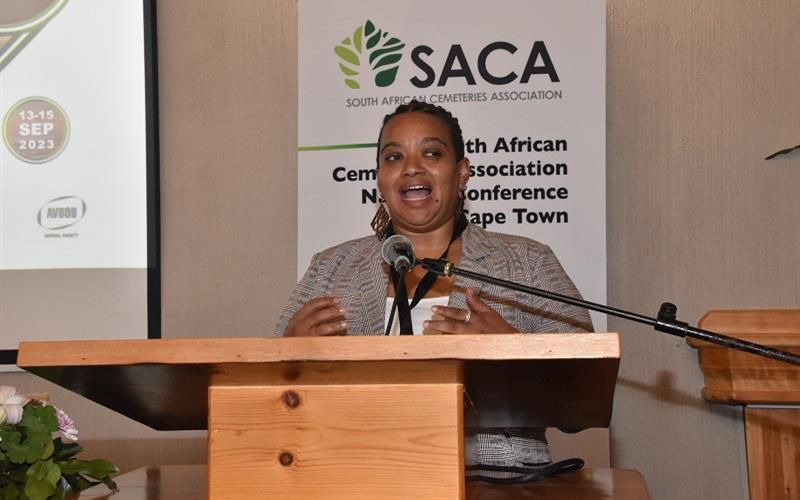Cape Town has made history by successfully initiating the first ever wheeling of clean, green energy via its energy grid. This groundbreaking development was led by Growthpoint Properties, in collaboration with licensed electricity trader Etana Energy.
Wheeling: A Transformative Process
Wheeling is a transformative process in which electricity is bought and sold between private parties, utilizing the existing grid to transport power from its generation source to end-users, regardless of distance. This innovation not only grants greater access to affordable renewable energy but also plays a crucial role in addressing South Africa’s ongoing energy crisis.
Etana Energy’s Participation in Cape Town’s Wheeling Pilot Project
Etana Energy was chosen as a participating trader in Cape Town’s wheeling pilot project. In this capacity, solar energy generated at Growthpoint’s The Constantia Village shopping center is exported into the city’s electricity grid, benefitting Growthpoint’s 36 Hans Strijdom office building in the Foreshore, which houses Investec and Ninety One.
Signing of the Wheeling Agreement
Following a wheeling agreement signed between the City and Growthpoint in late August, solar power from The Constantia Village was successfully injected into Cape Town’s energy grid for the first time on September 10, 2023. This six-month pilot project encompasses 15 wheeling participants, 25 generators, and 40 customers, paving the way for the future of wheeling in Cape Town.
Extensive Ramifications of This Initiative
The ramifications of Cape Town’s wheeling initiative are significant, enabling businesses to utilize energy from rooftop solar panels across multiple locations and encouraging them to optimize solar capacity rather than confining it to individual building use. Mayor Geordin Hill-Lewis expressed his enthusiasm, stating that Cape Town plans to add up to one gigawatt of independent power to end load-shedding in the city over time. He envisions wheeling contributing up to 350 MW to the grid eventually, further solidifying Cape Town’s position at the forefront of the energy transition.
Role of the Project in Growthpoint’s Climate Commitment
Estienne de Klerk, SA CEO of Growthpoint Properties, highlights the project’s role in bringing Growthpoint closer to its climate commitment of becoming carbon neutral by 2050, while also providing clean green energy to tenants in Cape Town to further their environmental endeavors.
Director of Etana Energy’s Excitement
Reyburn Hendricks, Director of Etana Energy, shares this excitement, stating that allowing the wheeling of electricity to municipal-connected customers will expedite Etana’s mission of incorporating much-needed new renewable energy generation onto the grid in South Africa.
Cape Town’s Ambitious “End Load-Shedding” Plans
Cape Town’s ambitious “end load-shedding” plans involve a multi-faceted approach, including wheeling electricity, forming partnerships with independent power producers, offering ‘Cash for Power’ incentives to households and businesses generating solar PV, launching the ‘Power Heroes’ incentive scheme to reduce energy demand, implementing solar PV farms, and further optimizing the Steenbras Hydropower plant.
Validation of the Contracting Framework and Billing Engine
The city’s wheeling pilot aspires to test and validate the contracting framework and billing engine for large-scale implementation. This inaugural transaction lays the groundwork for Growthpoint to wheel clean energy to all its buildings in Cape Town in the future, including Ninety One’s office for the long term at 36 Hans Strijdom.
A New Chapter in Cape Town’s Renewable Energy Journey
This groundbreaking initiative marks a new chapter in Cape Town’s renewable energy journey, and the successful implementation of wheeling not only benefits the local community but also signals hope for a greener, sustainable future on a global scale.








